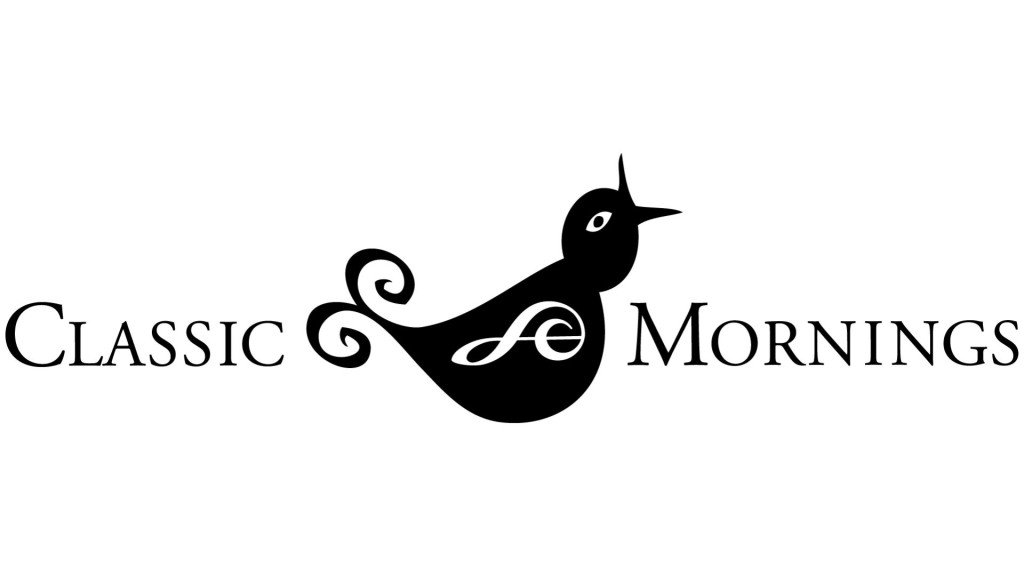Beethoven’s World Series

It was going to be big! And the entire world was looking forward to it. It ended up being put on hold, along with so many other events in 2020.
Even with the delay, celebrations of Beethoven’s 250th did take place. And we have the chance to share in some of the excitement, belatedly, as we’ve just acquired a few recordings that were a part of the anniversary.
Conductor Reinhard Goebel was the founder and leader of the early music ensemble Musica Antiqua Köln of Cologne. The group was active from 1973 until 2006. For Beethoven’s 250th, Goebel headed a project called Beethoven’s World, recording orchestral works by Beethoven and some of the composer’s contemporaries with radio orchestras in Germany. I introduced the series to Classic Mornings listeners while celebrating Goebel’s 71st birthday on July 31.
The CD notes assure us that: “When Vienna’s music lovers flocked to concerts in the early 19th century, they were able to hear far more than merely keyboard concertos by Mozart and symphonies by Beethoven.” In the recordings, all of which were made before the 250th, Goebel presents some of the “other” music from that time. In some cases, it’s music we haven’t had on recordings, or that anybody has had.
Included are works by Antonio Salieri, Johann Nepomuk Hummel, Jan Václav Voříšék, Anton Eberl, Antoine Reicha, and Joseph von Eybler. There are compositions by Beethoven as well, including a fragment of a violin concerto, which was completed by Joseph Hellmesberger.
One of the stars of the series is the tune “La Folia.” It’s been around since the 1400s and has become one of the most famous in all of classical music. It appears on the roster twice in the Beethoven’s World series. That includes the very first recording of Joseph von Eybler’s 1802 orchestration of Arcangelo Corelli’s variations for violin and continuo on “La Folia.” Eybler, who served as deputy Kapellmeister at the Austrian court under Antonio Salieri, was asked by the Empress to orchestrate the work. Goebel notes that it was for regular concerts at the Hofburg Palace, which featured music from the past, though not necessarily in the way it was presented in the past. Goebel certainly paid attention to instruments and performance practices of the past in his years with Musica Antiqua Köln.
We learn from another volume of the series that “La Folia” had been a hit in Vienna. It appeared in a 1719 opera by Francesco Bartolomeo Conti, who wrote a duet for soprano and baritone using the melody. In 1790, Antonio Salieri inserted that duet into a comic opera by Pietro Alessandro Guglielmi. That helped popularize the tune.
In 1815, Salieri wrote 26 variations on “La Folia” for harp, violin, and orchestra. According to musicologist John Rice, Salieri’s work was performed along with a Viennese version of Handel’s ode: Alexander’s Feast, which included parts for bass drum, harp, and trombones – the same instruments in Salieri’s variations. For his text, Handel had made use of an adaptation of John Dryden’s literary ode: Alexander’s Feast or The Power of Music, which was written for St Cecilia’s Day in 1697. There’s a suggestion that Salieri intended to make his work an orchestral illustration of the power of music and to complement the ode. We’ve enjoyed the London Mozart Players’ recording of the variations. Goebel conducts the WDR (Western German Radio) Symphony Orchestra of Cologne in the more recent rendering.
On Classic Mornings, I sometimes play impromptus for the piano by the Bohemian pianist/composer Jan Václav Voříšék. Goebel introduces us to some of Voříšék’s orchestral works in the series, including his only symphony and his Grand Rondo Concertant for piano, violin, cello, and orchestra. Johann Hummel’s concerto for those instruments is included as well.
I’ve been holding my breath for a recording of another work by Anton Eberl (1765-1807). For years, I’ve played selections from his symphonies, thanks to the ensemble known as Concerto Köln. Beethoven’s World introduces us to a concerto for two pianos and orchestra by Eberl. The soloists are Yaara Tal & Andreas Groethuysen, performing with the Frankfurt Radio Symphony.
Goebel calls Eberl “Beethoven’s most powerful rival both as a composer and as a keyboard virtuoso.” And he suggests that Vořisék might have been Beethoven’s successor, if he hadn’t died at age 34.
Reflecting on the contributions of all the composers whose works are featured in the series, Goebel observes that: “they became little more than footnotes in Beethoven’s biography.” Nevertheless, he wants us to hear their music: “To show them a modicum of respect in 2020, the 250th anniversary of Beethoven’s birth, has been the raison d’être behind my project Beethoven’s World.”
We’ll continue to enjoy selections from the series on Classic Mornings. Join us Monday through Friday from 9-noon on FM 90.9 or online at will.illinois.edu.
